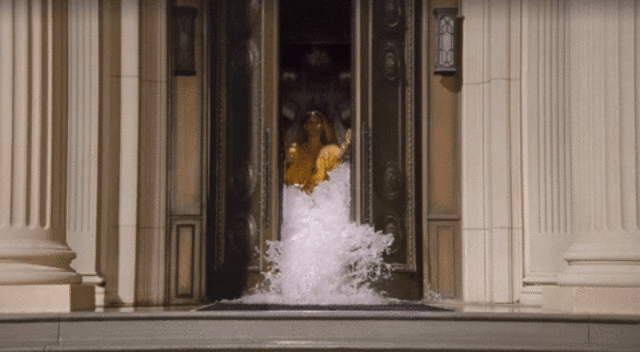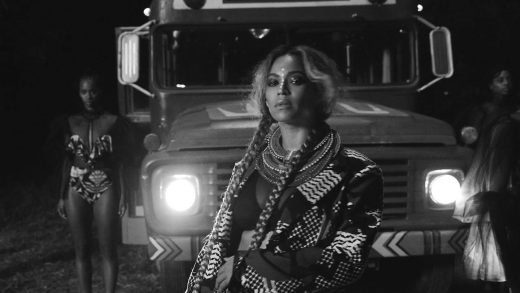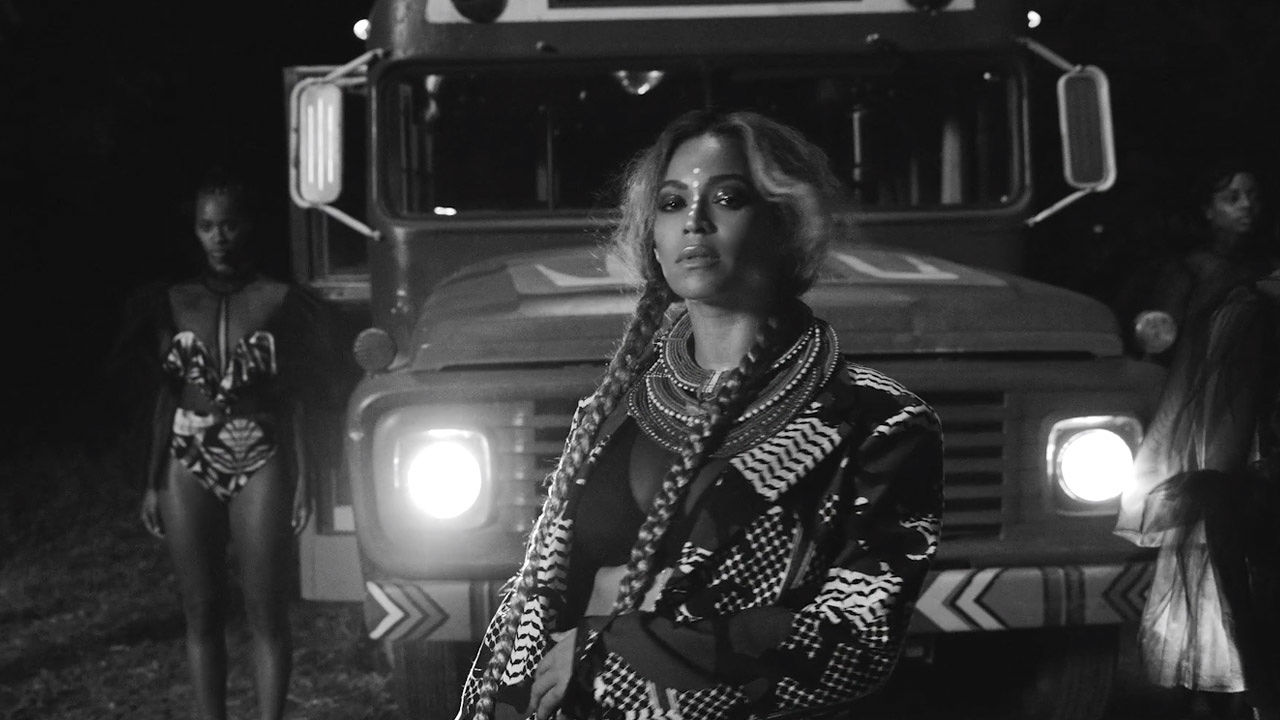How Beyonce Is Redefining The Future Of The Music Industry
Beyoncé’s new visual album Lemonade, released last weekend, is a masterpiece of a short film. It’s also the new pinnacle of popular music—a multi-genre epic full of anger, heartbreak, and power. It is a perfect culminating moment for how we make, distribute, and consume popular music.
Beyoncé has long been a pioneer in savvy use of digital platforms to promote her work. Her career picked up speed with Destiny’s Child in 1996 and again in 2003 with the start to her solo career, but she really began to dominate in 2013, the year she announced (via Instagram) the release of a surprise self-titled album with corresponding music videos for every song. Despite having no advance promotion, that album sold more than 800,000 copies worldwide in just three days, thanks in part to excited social chatter to the tune of 1.2 million tweets featuring her name in the first 12 hours. The joint tour with Jay Z to promote that album earned more than $100 million in ticket sales alone. Lemonade, meanwhile, was released on husband Jay Z’s platform Tidal, where it was available exclusively for about a day before becoming available on iTunes.
While digital savvy is one ingredient in Beyonce’s successful business strategy, her artistic and branding decisions are also paving the way for other artists.
A Shift To Creative Collaboration
A quick look down Lemonade’s credits reveals names like Kendrick Lamar, The Weeknd, Jack White, Vampire Weekend’s Ezra Koenig, Mike Will Made It, and so many more. Beyonce has curated some of the most creative and interesting music and video minds out there—her ability to recognize and incorporate other people’s talents into her own larger vision is part of what makes her such a genius. (The same could be said for other prominent artists like Taylor Swift, whose 2014 album 1989 enlisted Swedish pop experts Max Martin and Shellback, OneRepublic’s Ryan Tedder, and Jack Antonoff to craft the bright ’80s pop sound that helped win an Album of the Year Grammy.)
The pressure to be perceived as a lone creator, a genius who writes her own songs all of the time, is changing. If the cohesiveness of Lemonade‘s short film and album are any indication, inviting other people to create with you will create stronger material.
An Intensely Personal Personal Brand
One of the largest takeaways from Beyoncé’s 2013 self-titled bombshell is that it proved albums didn’t have to be heavily promoted ahead of time, or promoted at all, to be successful. “Surprising fans with new music is a great way to get them excited and help drum up more publicity,” writes Hugh McIntyre in Forbes. It also feels mysterious, which is a big part of Beyoncé’s image—she can be revered by millions, and known by only a few. That’s why she can release a 20-second teaser for Lemonade just over a week in advance and pretty much break the Internet.
Taking Creative Control
Beyoncé’ founded Parkwood Entertainment in 2008. Parkwood released her last three albums (arguably her best three), as well as a slew of music videos and feature films and her recent athletic-wear line Ivy Park with Topshop. Owning her own company gives her an immense amount of artistic and business freedom; though the albums are released in partnership with Columbia Records, she gets to say who she wants to work with and when she wants to do it.
Online streaming and new channels for distribution have leveled the playing field for everyone, and no one has exploited that better than Beyoncé. The future of this industry belongs to her.

Fast Company , Read Full Story
(35)














